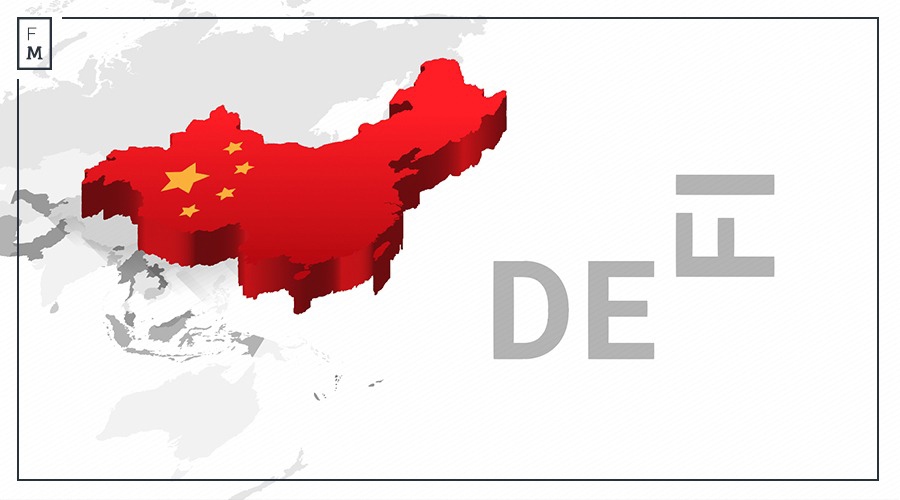It might be imagined that the concept of a financial system that cannot be controlled by a central bank would be anathema to China’s ruling party, but decentralisation is not an uncommon feature of Chinese society.
A paper published in the China Economic Review in 2020 referred to that country’s unique blend of political centralisation and decentralisation of economic power and responsibility, noting that even after the centralising reforms in the last three decades, the fiscal system is largely decentralised.
For a certain subset of cryptocurrency users, decentralised finance is filling the gap for cryptocurrency services in China, although there is a major limitation in the shape of the efficiency and liquidity of centralised exchanges.
So while volumes at decentralised exchanges continue to increase, especially in the wake of major centralised finance exchange collapses, Zennon Kapron, the Managing Director of Asian fintech strategic consulting firm Kapronasia, stated there are no decentralised exchanges that can match the liquidity and depth of trading that centralised exchanges provide, and nor will they in the near future.
Angel Zhong, a senior lecturer in finance at RMIT School of Economics and a trading trends expert, agrees that decentralised finance is to at least some extent filling the gap left by China’s crackdown on centralised cryptocurrency exchanges.
Switzerland’s biggest bank, UBS, has agreed to buy its rival Credit Suisse in an emergency rescue deal aimed at stemming financial market panic. Hear what RMIT financial expert @AngelZhong17
has to say about the merge and its effects. https://t.co/YBr0Bj32lH— RMIT University (@RMIT) March 21, 2023
“However, it is important to note that the Chinese government’s regulations may also extend to DeFi activities,” she added. “It has been monitoring DeFi projects and activities within China and the regulatory landscape is rapidly evolving.”
Users of DeFi platforms often resist the implementation of KYC standards, citing privacy concerns. The lack of KYC protocols in DeFi raises the risk of non-compliance with anti-money laundering and countering the financing of terrorism (AML/CTF) obligations.
“There is scope for regulation in China, in particular with a strong focus on…
























